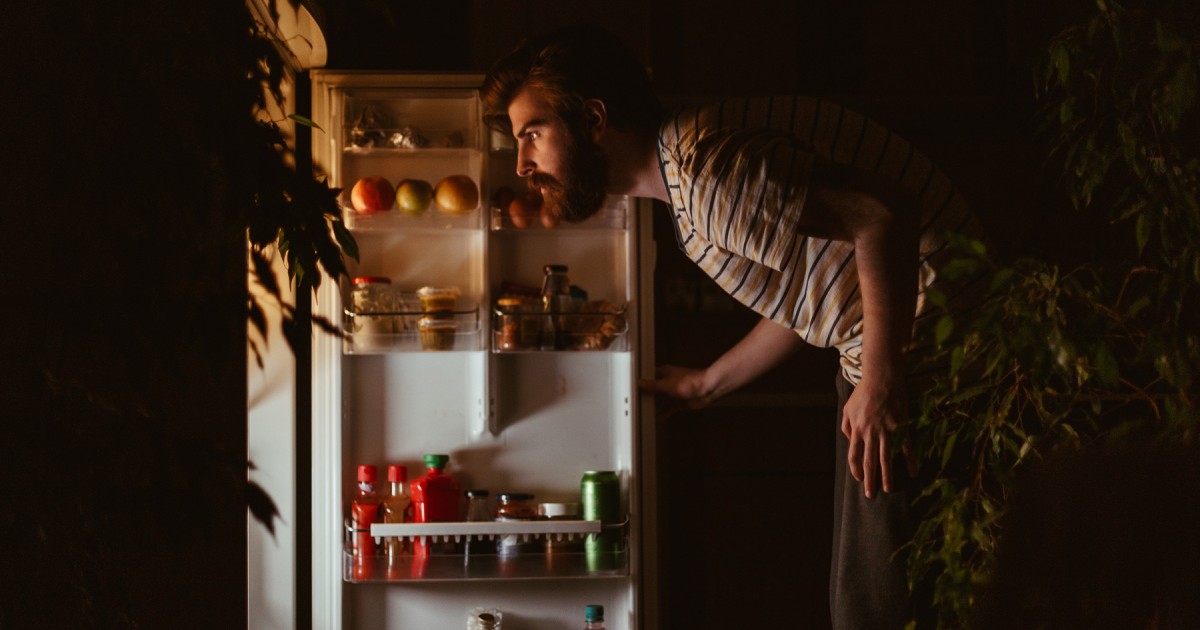Overeating Triggers To Watch Out For
Stress Eating
Stress eating, which falls under the larger umbrella of emotional eating, is when individuals eat in response to stress. It's a coping mechanism that helps individuals relax. It might seem strange, but stress actually reduces hunger initially. This allows the individual the ability to deal with the situation at hand without hunger being a distraction. Prolonged stress leads to an increase in cortisol, which leads to craving fatty and sugary foods. Not only that, but the goal of stress eating isn't to feel full. The goal is to feel calm, which comes from the dopamine released when eating. The more stressed an individual is, the more food and dopamine they'll be looking for. Not only that, but this builds a reward path in the brain that makes individuals seek out additional food whenever they feel even the slightest bit of stress.
Discover even more triggers for overeating now.
Eating Late At Night

Eating late at night might seem harmless initially, especially if you intend on eating a small meal just before going to sleep. While this might not seem bad, numerous issues can pop up from individuals eating right before going to bed. First of all, this deeply impacts the digestive cycle. Everyone's metabolism is not prepared for large meals before bed, so this leads to poor fat metabolism. The other problem is individuals are more likely to eat a large meal before bed. They might be stressed about how their day went, and they have nowhere to go, so it only makes sense to want a big, fatty meal before going to sleep. Do your best to avoid eating late as it's a habit that's difficult to break.
Learn more about the potential triggers for overeating now.
